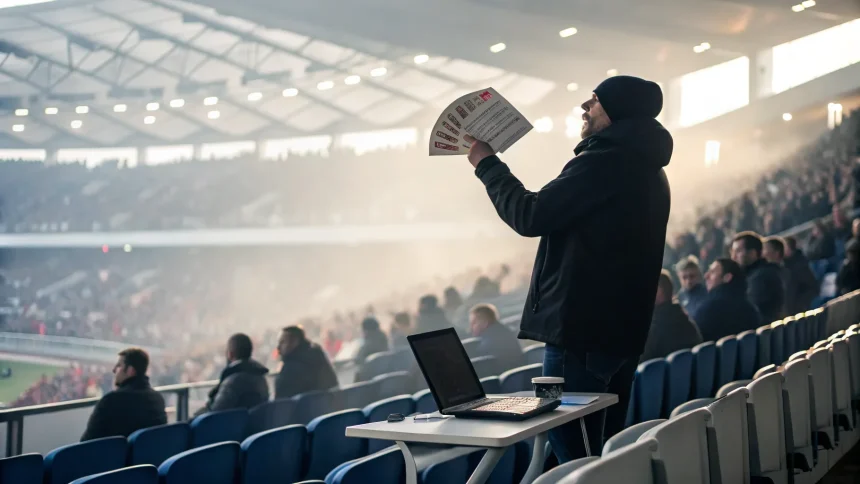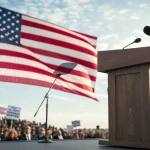The U.S. Federal Trade Commission (FTC) took legal action Monday against a ticket broker, filing a lawsuit that accuses the company of using illegal methods to bypass purchasing limits for high-demand events and subsequently reselling those tickets at marked-up prices.
Filed in federal court in Maryland, the FTC’s lawsuit targets the ticket broker for allegedly manipulating ticket purchasing systems to acquire more tickets than allowed by event organizers. These tickets were then allegedly resold to consumers at prices substantially higher than their face value.
The case highlights growing concerns about fairness in ticket markets and represents a significant regulatory effort to address practices that can limit consumer access to events at reasonable prices.
Alleged Illegal Tactics
According to the FTC’s filing, the ticket broker employed several methods to circumvent the purchasing limits put in place by venues and primary ticket sellers. These tactics allegedly allowed the company to acquire large quantities of tickets that would otherwise have been available to individual consumers at standard prices.
The lawsuit claims the broker used technological means to bypass security measures designed to ensure fair access to tickets. By doing so, the company was able to purchase tickets in quantities that exceeded the limits established by event organizers, which are typically intended to give more consumers a fair chance to attend popular events.
The FTC alleges these actions violated consumer protection laws by unfairly restricting ticket availability and artificially driving up prices in the secondary market.
Impact on Consumers
The case underscores the financial impact on consumers who often find themselves paying substantially more than face value for tickets to concerts, sporting events, and other live entertainment.
When brokers use automated systems or other methods to purchase large quantities of tickets, the supply available at original prices quickly disappears. Consumers who were unable to purchase during the initial sale then face a choice between paying inflated resale prices or missing the event entirely.
The price markups alleged in the case were significant, with some tickets reportedly resold at several times their original cost. For popular events, these practices can result in consumers paying hundreds or thousands of dollars above the intended ticket price.
Regulatory Response
The FTC’s lawsuit represents part of a broader regulatory effort to address issues in the ticket resale market. In recent years, federal and state authorities have increased scrutiny of ticket brokers and resale platforms.
The legal action seeks to:
- Stop the broker from continuing the alleged illegal practices
- Recover money that could potentially be returned to affected consumers
- Establish penalties that might deter similar behavior by other market participants
“This case shows that the FTC is committed to protecting consumers in the ticket marketplace,” said an FTC representative familiar with the case. “When brokers use illegal methods to hoard tickets and then resell them at inflated prices, it harms both consumers and the integrity of the market.”
Industry Implications
The lawsuit could have significant implications for the ticket resale industry, which has grown into a multi-billion dollar market. Primary ticket sellers and event venues have long struggled with how to ensure tickets reach fans at face value rather than being captured by resellers.
Many artists and sports teams have attempted to implement various measures to limit ticket reselling, including paperless tickets, delayed delivery, and identity verification. However, sophisticated brokers have often found ways around these restrictions.
If successful, the FTC’s action could prompt changes in how tickets are distributed and resold, potentially leading to new industry practices or additional regulations designed to create more equitable access to live events.
The case is expected to proceed through the federal court system in the coming months, with potential implications for both the specific broker named in the lawsuit and the broader ticket resale market. Consumer advocates have praised the action as a step toward addressing long-standing issues in event ticketing.







